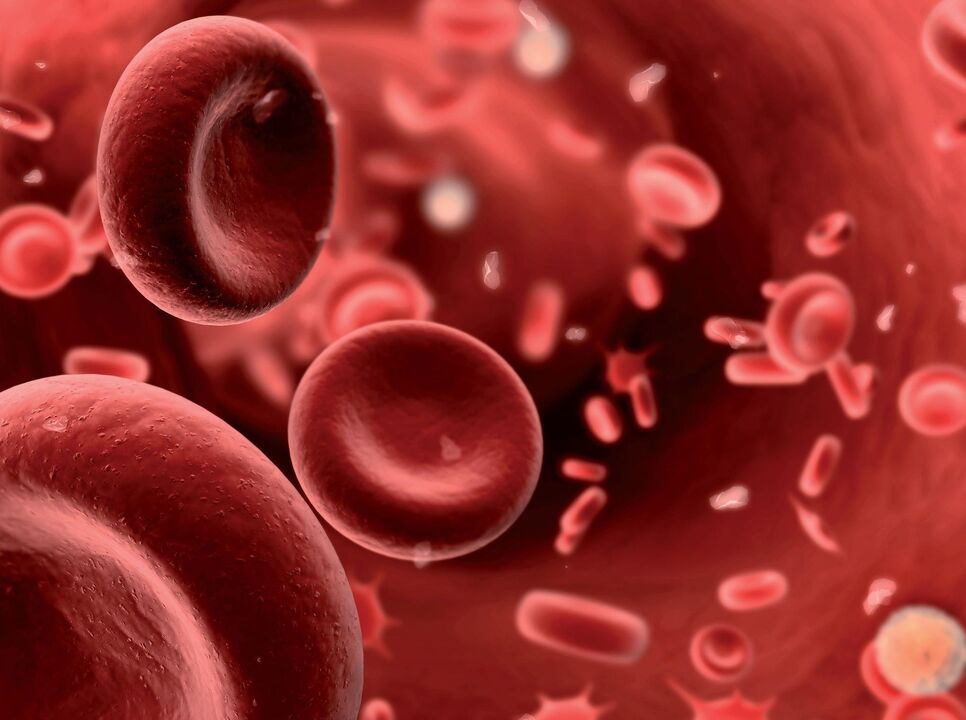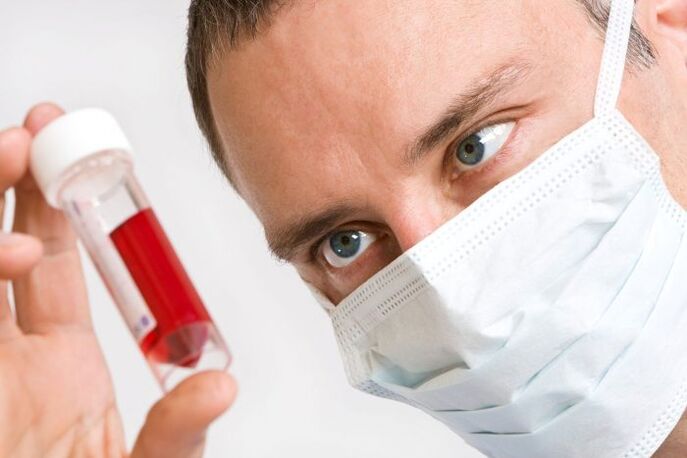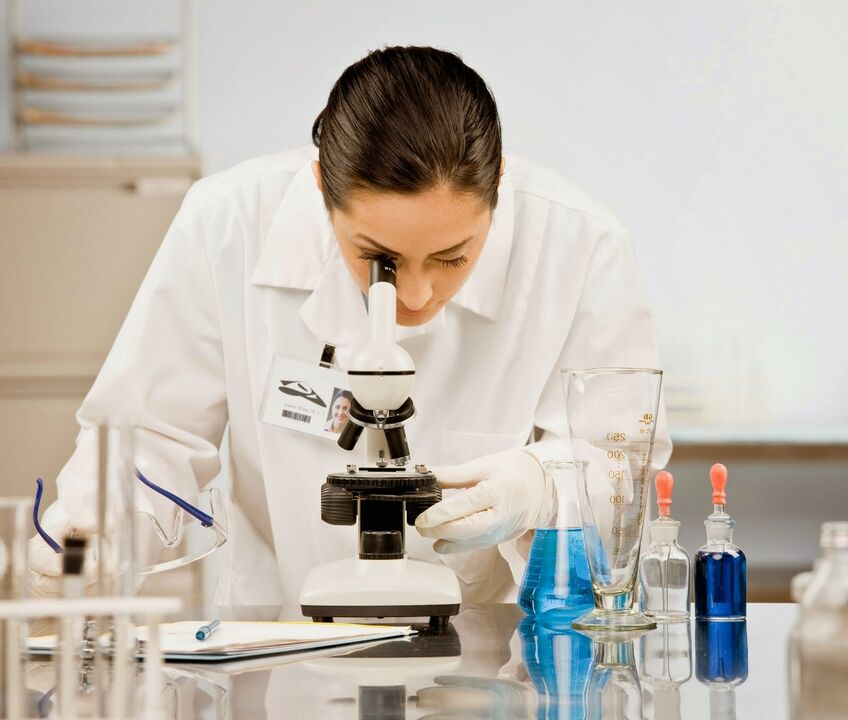There are situations when you need to take tests, but the person has been drinking. Accordingly, the question arises, is it allowed to drink alcohol before donating blood? First of all, people are not interested in rumours, but in what authoritative scientific studies say about the effect of alcohol on blood tests.
alcohol and blood composition
You should know: alcohol affects all organs and systems of the body, since it is immediately absorbed into the blood and changes its composition. This is the main reason that alcohol affects the blood test and changes the indicators.
Therefore, if you get accurate results, and you drank the day before, you need to think about whether it is possible to donate blood after alcohol and, if possible, postpone the blood donation for two or three days. Of course, the effect of alcohol on blood tests can turn out to be small, and in some cases the indicators do not change much: a lot depends on the individual characteristics of the body, the amount drunk, the type of analysis and the type of alcohol. Despite this, it is better not to take risks: if the analysis is paid, you can seriously lose money.

And if with vodka it is more or less clear, then with a low-alcohol drink, in order for an alcohol lover to understand whether it is possible to drink beer before taking it, you need to understand exactly how alcohol is drunk before tests affects the body. To do this, you need to have an idea of how alcohol affects metabolism and other processes.
Clinical blood test
Alcohol causes dehydration in the body, which leads to thickening of the blood. This leads to the fact that a general blood test can show a false increase in the number of leukocytes, erythrocytes, platelets, if not their number, but the amount of water in the blood has changed.
Maybe there is another picture. Excess alcohol, for example, reduces the level of white blood cells in the blood. This is because immune cells die off fighting toxins, causing the number of leukocytes to drop below normal. The fewer white blood cells in the blood, the harder it is for the body to fight infections.

Of course, drinking a can or two of alcohol is unlikely to negatively impact immune system function. But when there's a lot of alcohol drinking, that's a whole different story. If a person feels drunk for some time after drinking, this is an accurate indicator that the immune system is damaged. Such amounts of alcohol create a nutrient deficiency that weakens the immune system. And all this is able to display the analysis.
Alcohol also has a negative effect on red blood cells: it causes them to stick to each other. Because of this, clumps of red blood cells often cannot get into narrow vessels and block blood flow in the capillaries. As a result, the supply of oxygen to tissues is significantly reduced, and the body's cells begin to experience oxygen starvation. This negatively affects the state of health and, accordingly, the analysis.
Biochemical Analysis
Alcohol should not be drunk during blood tests, even if an analysis of the biochemical composition of the plasma is required. This data is needed by the doctor to obtain information about the normal functioning of the kidneys, liver, heart and other important organs.
Indicators for a biochemical blood test include studies of enzymes, proteins, hormones, electrolytes, glucose, potassium, sodium, chlorine, carbon dioxide and other substances. Excessive or accidental drinking can lead to acid-base imbalance and change the level of all indicators, affecting the results of the analysis.

Alcohol consumption has a negative effect on the functioning of the cardiovascular system. Therefore, if the doctor prescribes tests to diagnose their labor, the results will be negative. For example, if we talk about how alcohol affects total cholesterol (needed to form brain tissue, nerve cells, and hormones), then alcohol increases its blood levels no less than animal fats.
Although the body needs cholesterol, its excess amount can cause heart disease as it is the cause of atherosclerosis.
Another type of blood test that is heavily influenced by alcohol consumption are the tests that check liver function. Basically, they measure whether the enzymes it produces have deviated from the norm. Their number after alcohol can either increase or decrease depending on the condition of the liver.
After drinking alcohol, the level of ammonia in the blood, which is the end product of protein metabolism, increases. It then travels through the portal vein to the liver, where it is converted to urea. Levels of this toxic substance strongly affect acid-base balance and brain function. Alcohol consumption increases the amount of this toxin in the blood and poisons the tissues.
hormones and alcohol
If a person drinks alcohol before taking a blood test for hormones, the result will be unreliable. The fact is that hormones are chemicals that control and coordinate the activity of all tissues and organs. Each of them is secreted by a specific gland and, after entering the bloodstream, is sent to the target cell.
In order for the endocrine system to function normally and the tissues to respond properly, the amount of hormones in the blood must be constantly normal. Alcohol consumption significantly disrupts the activity of the glands that produce hormones, which negatively affects health. Therefore, if a person drinks before donating blood, the work of the endocrine system is disrupted, which is reflected in the test results. Therefore, the answer to the question of whether it is possible to drink alcohol before donating blood for hormones is no.

An example of alcohol's effect on the endocrine system is its effect on sex hormones. Among them are the main two groups of hormones - androgens and estrogens. These hormones influence puberty and various manifestations of secondary and primary sex characteristics in both men and women (hair growth, breast development, menstrual cycle, fertility).
Alcohol has a negative effect on all these processes, which affects the results of the analysis and is the answer whether it is possible to drink alcohol before donating blood. Constant alcohol consumption often leads to impotence and infertility.
alcohol and glucose
If you need to donate blood for sugar (glucose), then you should know that while it is not a hormone, it clearly shows whether two other hormones, insulin and glucagon, which the pancreas produces, are doing their job. The fact is that glucose is the main source of energy in the body, thanks to which cells can grow and develop.
The hormones produced by the pancreas, adrenal gland and pituitary gland regulate and maintain normal blood sugar levels. For example, insulin's job is to transport glucose to every cell in the body. Its work is particularly important for the activity of the brain, since it does not store glucose, but is completely dependent on the supply of this substance through the blood.

Alcohol disrupts the activity of all these glands, causing glucose metabolism to slow down and its level to be below normal. But there can also be a leap in the big direction. For example, in chronic alcoholics, on the contrary, the level of glucose in the blood is increased, which leads to a decrease in the sensitivity of the receptors to insulin.
In any case, the deviation of sugar from the norm is an alarming sign. Therefore, if a person donates blood for sugar after drinking alcohol, the doctor may suspect that he has diabetes.
When can you take
Thus, it is obvious that alcohol, which negatively affects the work of many organs and systems, is the reason that the blood test gives negative results, which causes the doctor to sound the alarm. How long it takes the body to get it running depends on:
- how much time has passed since the last dose taken;
- how much the person drank;
- How much does he drink in general?
If it was a glass of wine, then in a day you can donate blood for a general analysis. If you have to pass a biochemical or other analysis that requires more thorough preparation, you are allowed to come for analysis after three days. In the case of serious ingestion of alcohol, it is necessary to withstand a longer period of time before conducting the tests. To get the most accurate data, it is better to wait two weeks.


























